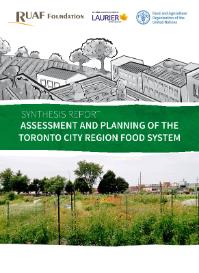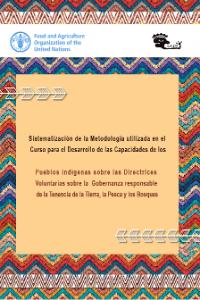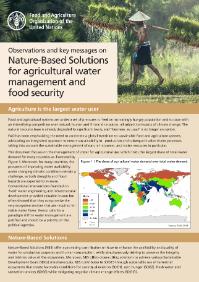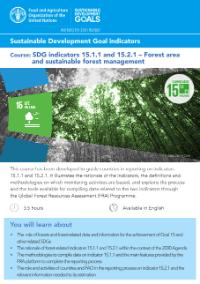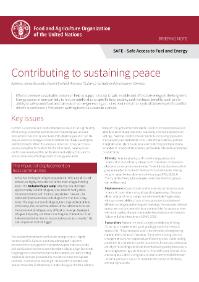Focal point
Location
The Food and Agriculture Organization of the United Nations leads international efforts to defeat hunger. Serving both developed and developing countries, FAO acts as a neutral forum where all nations meet as equals to negotiate agreements and debate policy. FAO is also a source of knowledge and information. We help developing countries and countries in transition modernize and improve agriculture, forestry and fisheries practices and ensure good nutrition for all. Since our founding in 1945, we have focused special attention on developing rural areas, home to 70 percent of the world's poor and hungry people.
Members:
Resources
Displaying 201 - 205 of 5074Assessment and planning of the Toronto City Region Food System - Synthesis report
More than 80 percent Canadians live in cities with almost one-quarter of country’s total population living in the Greater Golden Horseshoe (GGH) area. The GGH stretches in a curve around the western side of Lake Ontario with the City of Toronto occupying the northern side of the horseshoe. The GGH is an area of high potential food production as well as rapid population growth creating a mix of difficult to reconcile, opposing demands. For example, the need for housing and residential infrastructure conflicts directly with the need to preserve prime agricultural lands.
Sistematización de la metodología utilizada en el curso para el desarrollo de las capacidades de los pueblos indígenas sobre las directrices voluntarias sobre la gobernanza responsable de la tenencia de la tierra, la pesca y los bosques
En 2016, el Centro para la Autonomía y el Desarrollo de los Pueblos Indígenas (CADPI), junto con el equipo de Pueblos Indígenas de FAO y el apoyo técnico del equipo de Tenencia de la Tierra de FAO, implementaron un programa de desarrollo de capacidades para y con los pueblos indígenas de Mesoamérica sobre las Directrices voluntarias sobre la gobernanza responsable de la tenencia de la tierra, la pesca y los bosques en el contexto de la seguridad alimentaria nacional (VGGT).
Observations and key messages on Nature-Based Solutions for agricultural water management and food security
Food and agricultural systems are under a set of pressures to feed an increasingly hungry population and to cope with an intensifying competition over natural, human and financial resources, all subject to impacts of climate change. The natural resource base is already degraded to significant levels, and ‘’business as usual’’ is no longer an option.
SDG indicators 15.1.1 and 15.2.1 – Forest area and Sustainable Forest Management
This fact sheet presents a course that has been developed to guide countries in reporting on indicators 15.1.1 and 15.2.1. It illustrates the rationale of the indicators, the definitions and methodologies on which monitoring activities are based, and explains the process and the tools available for compiling data related to the two indicators through the Global Forest Resource Assessment (FRA) Programme.
Safe Access to Fuel and Energy Briefing Note: Contributing to sustaining peace
Efforts to ensure sustainable peace can help to support access to safe, reliable and affordable energy in the long term. Energy access in turn can help to reduce conflict due to specific food security and livelihood benefits, such as the ability to safely cook food and carry out income-generating activities. An in-depth analysis of context-specific conflict drivers is a necessary first step in working towards sustainable peace.







